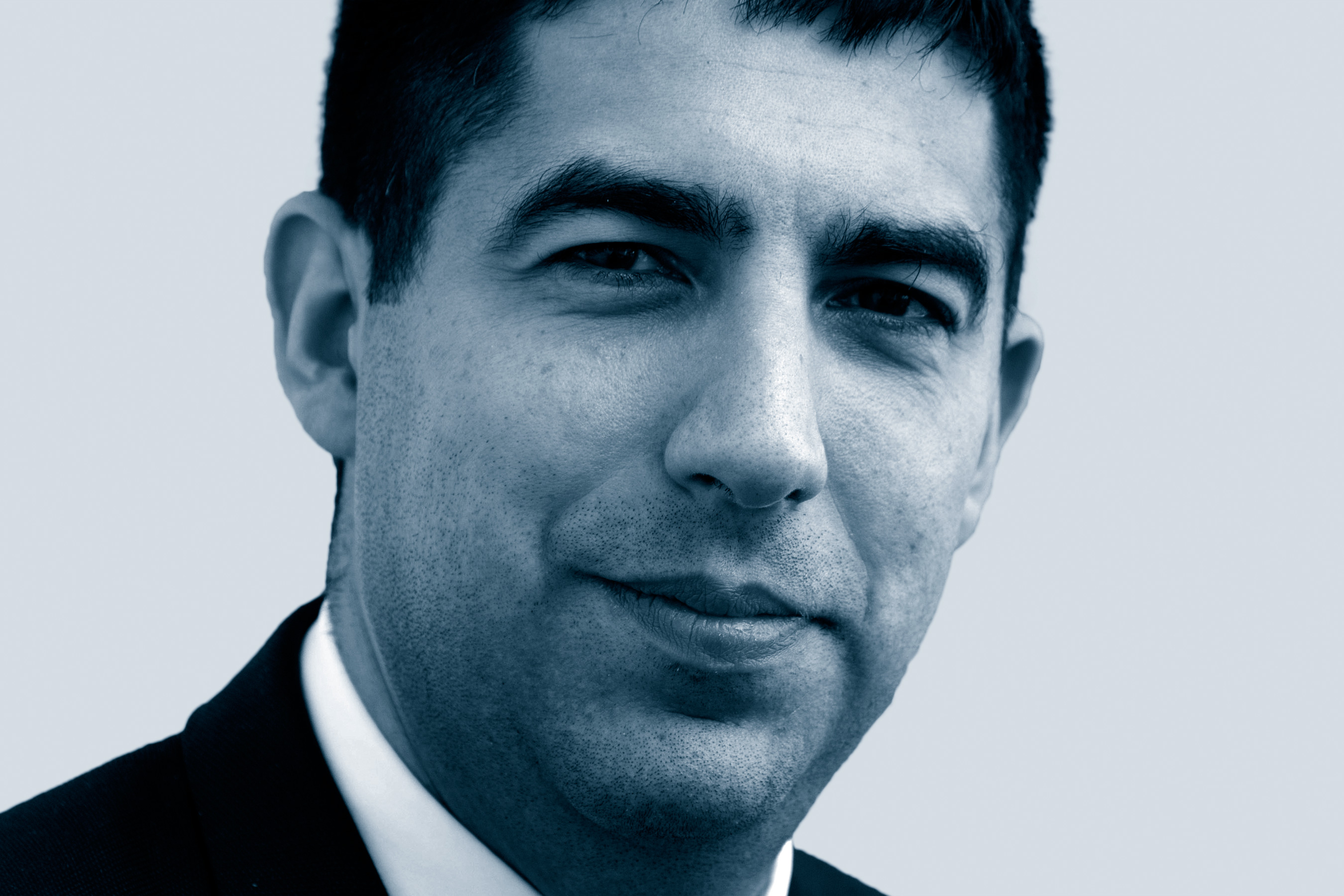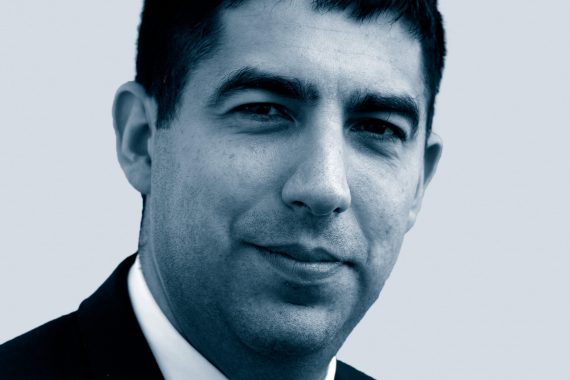It was billed as the biggest reform in 15 years – at least in England – and it has certainly delivered.

jaimie kaffash 2 duo 3×2
My first thought is that the BMA – and, in fairness, NHS England – have done well here. The indemnity scheme does remove a significant headache for practices. The fact that the global sum will also be increasing goes against some of the doommongering from the Government and NHS England – though I suspect that might have been a bit of expectation management on their behalf.
The 1.4% increase to core practice funding doesn’t sound like much. But alongside this, there is the removal of indemnity costs and the new ‘network contract’ DES, which brings about a similar increase. I’ll come on to this.
As well as this, the major funding for non-GP staff is, unfortunately, necessary. There is an almost admission of defeat in terms of recruiting GPs in the agreement. It reaffirms the target of 5,000 extra GPs, but gives no timeline and states: ‘Much as we would like a bigger number, this would not be credible.’ At least it’s honest. And, in that spirit, paying for other staff to carry out work is as good a firefighting tactic as any, because let’s face it, GP workload is a fire right now.
There is another unexpected positive: GPs will ‘not have to bear any additional costs’ for the increase in employer pension contribution rates. I know this is another headache removed for many.
Some of the more worrying parts of the contract might not amount to much in practice. I can’t see how the naming of GPs on more than £150,000 of NHS earnings will work. I suspect there aren’t many – when private income is discounted – and I think that it will go the way of the similar contractual requirement to publish individual earnings (I dare not remind anyone of this in case they remember to enforce it properly).
Similarly, the direct booking from NHS 111 is a pain, but I suspect a smart practice can do this without changing much.
Practices may be thrown together like children who missed school when the class was picking teams
I think there is a bigger concern on the horizon, which comes from the push for networks. All practices will need to join a network – complete with clinical lead and governance processes – by July.
For some practices, this won’t be easy. We don’t know what a ‘network’ actually means in practice. At a briefing yesterday with GPC chair Dr Richard Vautrey and NHS England national director for strategy and innovation Ian Dodge, there was talk of networks being within CCGs. I asked about whether existing federations that weren’t on CCG lines would be allowed to continue – here, it became a little vaguer, with talk about ‘common sense’.
There will be special arrangements for exceptionally rural practices – although there is as yet little detail. And there is the issue of difficulties when working together: I’m not talking about the practices who haven’t forgotten the skirmish in the car park 20 years ago, but those who simply have a different working culture to their neighbours. These differences have been cultivated in previous years, yet now they may be thrown together like children who missed school when the class was picking teams for the special projects.
This isn’t an academic argument. Because with such huge tranches of funding being channelled through networks – and shared responsibilities in carrying out work – you really need to trust your neighbours. Take the extended hours DES – this funding is going to be given to networks. Those practices who don’t 100% trust their neighbours may think twice before including this money in their 2019/20 budget planning.
Don’t forget, there was talk of GPs taking control when CCGs were introduced, and no one can claim that was a roaring success.
But I don’t want to leave this on a negative note, because GPs need some positivity. Of course, there are always potential problems when changes of this magnitude take place.
And while it’s unlikely that workload will reduce, at least this contract is trying to put out the fire.
Because I fear, if this contract doesn’t lead to improvements in the profession, we haven’t got many more places to go.
Jaimie Kaffash is Editor of Pulse. You can follow him on Twitter @jkaffash

















